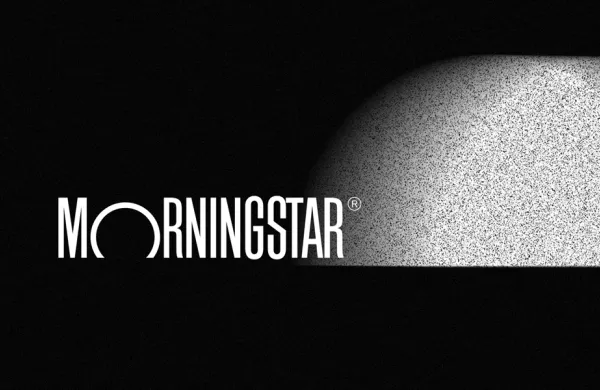Neuberger Berman’s Dyal Capital and Goldman Sachs’ Petershill were among the GP stakes funds that proved it’s often a better deal for investors to take a stake in a hedge fund or private equity firm rather than invest in high-fee funds and lock up money for seven-to-ten years.
With competition for stakes in the largest private equity firms having reached a fever pitch in recent years, some managers — including Investcorp, Kudu Investment Management, and Capital Constellation — are now going after middle-market alternatives shops, those that have raised between $1 billion and $10 billion in the last 10 years.
Anthony Maniscalco, head of the Strategic Capital Group at Investcorp and former co-head of Credit Suisse Anteil Capital Partners, which took stakes in hedge funds, said there is limited capital chasing these mid-size firms.
“Because these firms tend to be younger, capital is typically used to support growth in an aligned way with their clients versus taking money off the table,” he said. GP stakes funds make minority investments in firms, taking a percentage of management fees and carried interest in existing and future funds and balance sheet returns.
The current economic downturn has changed the financials of many deals, but transactions are still getting done — just with more creative terms, said Maniscalco. At the same time, there is even more opportunity, particularly in private credit. Well-positioned smaller GPs in credit are looking to raise money for special situations, distressed, and opportunistic investments.
“We are looking at creative structured equity investments that provide capital to GPs to take advantage of market opportunities caused by the dislocation while providing our investors with high cash flows and more rapid de-risking,” he said. Maniscalco said he’s working on a number of investments, “where the conversations started pre-Covid, but the terms have evolved. Other provisions that bridge the gap on expectations between sellers and buyers include tying capital availability to certain GP funding milestones and potentially carving out legacy carry.”
[II Deep Dive: As Assets Swell, GP Investors Look to Get Creative]
In a paper to be released this week, Investcorp lays out a case that middle-market private-markets firms are not only overlooked, but have better growth prospects.
“GPs tend to be earlier in their life cycle and place a greater value on partners’ advice and resources. Firms are looking for advice from partners on how to increase franchise value while also creating a more sustainable business,” according to the paper. Investcorp argues that relative to large-cap GP deals, middle market transactions result in, among other things, better risk-adjusted pricing and less reliance on growth to meet return targets.
Andrew Beer, managing member of Dynamic Beta Investments — which has a minority investment from iM Global Partner — said investing in mid-size firms makes sense. “Given how post-crisis capital flows have favored the largest firms, mid-tier firms could benefit from an economic affiliation with a partner with institutional gravitas and distribution,” he said. “With fees arguably elevated across the alternatives space, it makes perfect sense for institutions to seek to participate more in the profits of managers — especially those they plan to invest with anyway.”
The economic downturn caused by Covid-19 won’t derail the GP stakes investment thesis. “Current market dynamics such as lower valuations make this a unique time to enter the space,” said Maniscalco.







